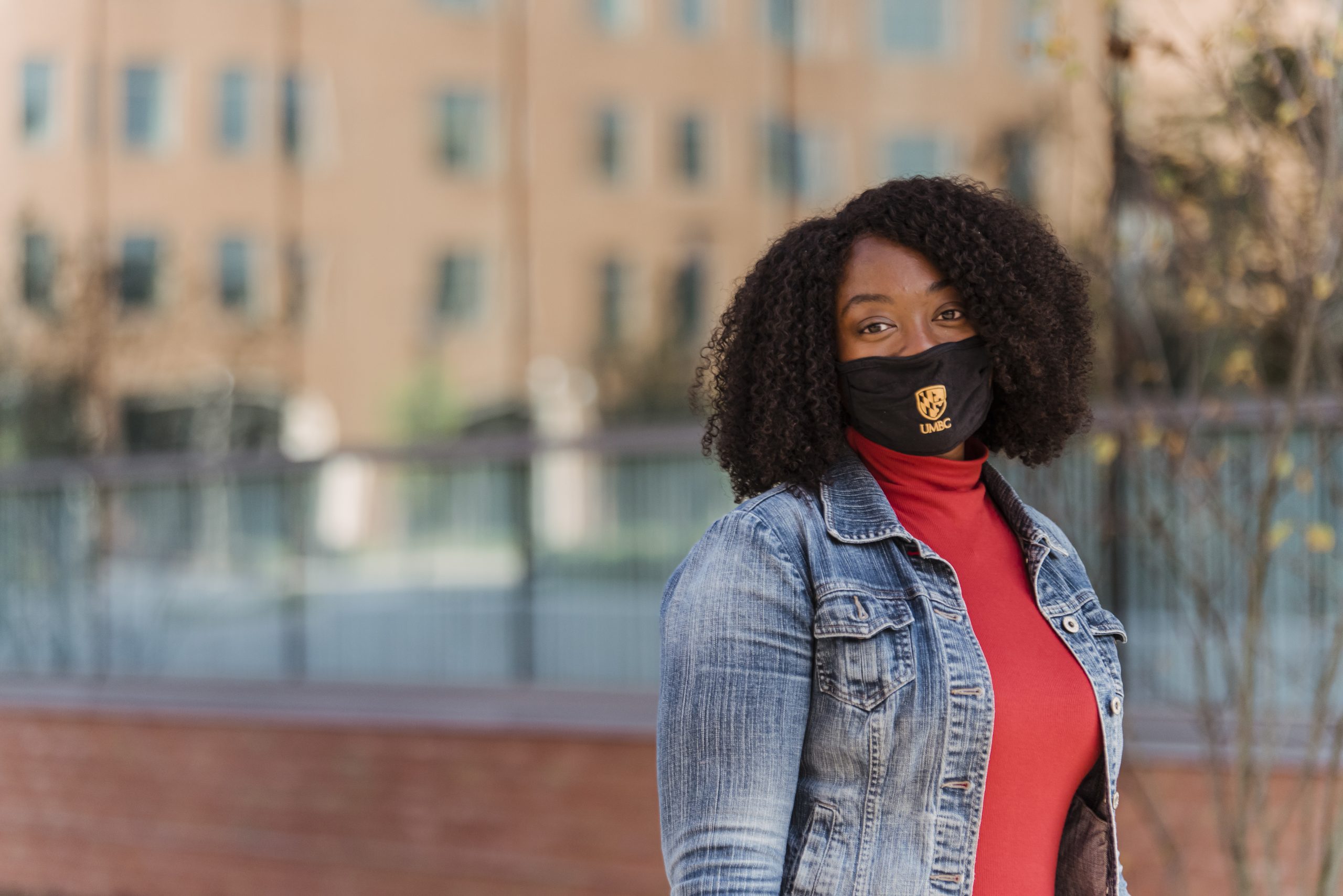Jasmine A. Lee, director of inclusive excellence in UMBC’s Division of Student Affairs, is now also leading UMBC’s Initiatives for Identity, Inclusion and Belonging (i3B). The new i3B brings together UMBC’s Mosaic Center, Interfaith Center, and Pride Center to create “opportunities for students to build their awareness and knowledge of diverse people, cultures and belief systems.”
In a recent conversation with UMBC News, Lee discussed the intention and goals of i3B, and the support and guidance her team offers to students and staff across campus. As the featured speaker at UMBC’s recent Hill-Robinson McNair Lecture, she also shared the impact of her experience with the McNair Scholars Program. The national program, which has supported 392 students at UMBC since 1992, prepares talented college students who are first-generation, low-income, or from underrepresented minority groups, for doctoral study.
UMBC News: What was the intention in creating i3B?
Lee: The intention was to elevate and amplify diversity and inclusion work, focusing on students. The work has been happening, but i3B gives this work a distinct space within the Division of Student Affairs.
In our work we are thinking about how to support students in their identity development, how to help them find belonging, while they also cultivate a sense of belonging for others, and how to see themselves and one another. We also do the same with faculty and staff. We support them in doing this work within the context of their social identities specifically as it relates race, ethnicity, gender and sexuality, spirituality, and religion.
i3B is equipping folks with the awareness, skills and knowledge—through dialogue, workshops, educational programming and training—to become the type of person who knows how to cultivate and create inclusive excellence at an institution. For me, what inclusive excellence means is a daily recommitment, a daily walk. I don’t think it is ever something we arrive at. I think it is something we have to be committed to and actively engage in. The work that we do in i3B is about how we get there.
UMBC News: How can students engage in social justice work when they are juggling so many responsibilities?
Lee: For folks who want to be engaged and can’t see how, it is important to start with self. Critical self-reflection is required. How do I show up? It’s important to think about the identities you represent. Pay attention to what privileges these identities provide or take away. Be aware of the access you have. How do they intersect to create my unique lived story? How does that impact how I interact with others and how others interact with me? Starting with themselves leverages their most immediate sphere of influence.
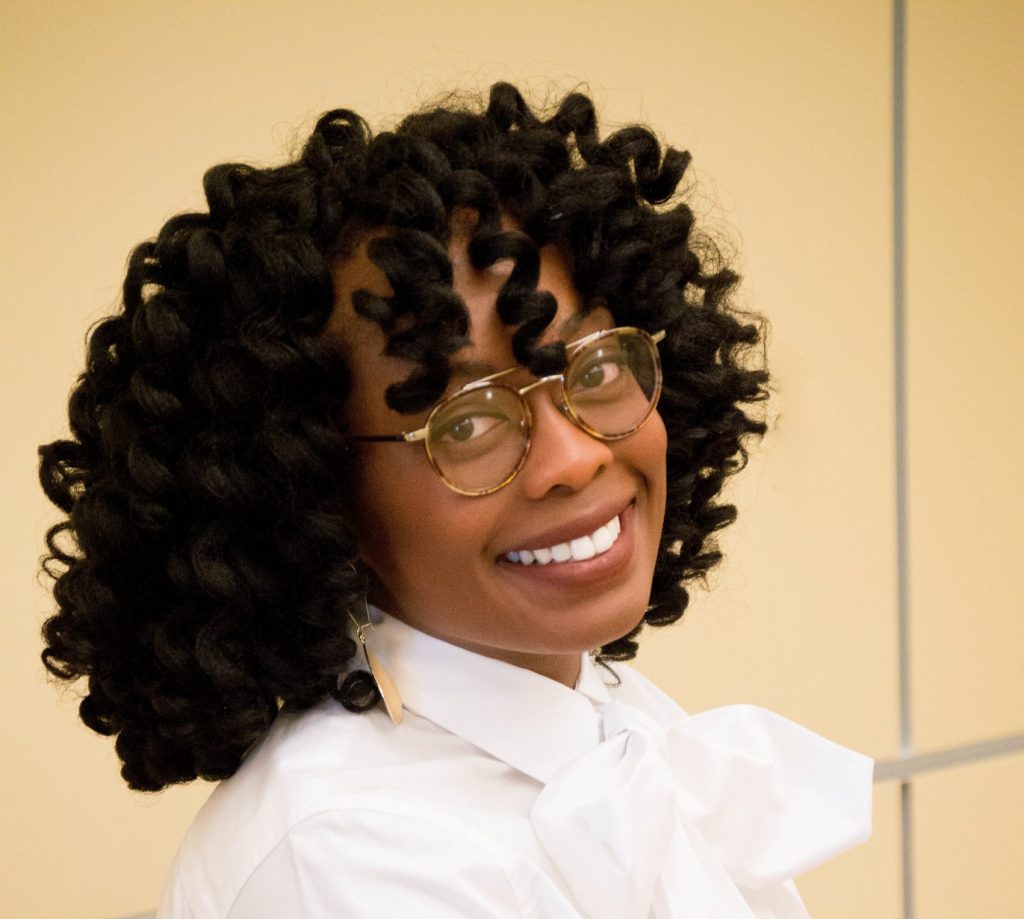
I think sometimes it is easy to hop in a protest—to be engaged in an abstract vocalization of what needs to happen. I think that is easy. It is really hard to talk to your friends, parents, and co-workers about something that they did or said that was racist, homophobic, or problematic. Think of ways you can drop breadcrumbs. Plant seeds that create an environment. Even if it’s just at home. Talk about and question together. Critically reflect on the things that you are hearing. Pay attention to the way you are talking, and what you are seeing in the media.
For people who have been doing it for far too long, it is OK to take a rest. I now recognize that rest and prioritizing you matters. Audre Lorde says, “Caring for myself is not self-indulgence, it is self-preservation, and that is an act of political warfare.” If I don’t fight another day my existence is the resistance. The fact that I take up space in areas that are literally places that were not created for me—that is the resistance.
This is why I believe dialogue is so important. It is asking us to love justice more than we hate oppression or the people that are enacting it. It is really predicated on radical love, humanity, and the inherent dignity we all have as humans.
UMBC News: You were the keynote speaker at this year’s annual Hill-Robinson McNair Lecture. How did your experience as a McNair Scholar shape your work in diversity, equity, and inclusion?
Lee: I am a first-generation college student. My parents went to college after my brother and I began college. We had to figure out the college process on our own. I was never a good high school student because traditional K-12 education did not fit me as a learner. I started at community college and then transferred a couple of times to different universities for family reasons. After exploring a variety of majors over the years, I found social work. It was about connecting with people through a dialogue process. It was me. I graduated from Eastern Michigan University with a bachelor’s degree in social work.
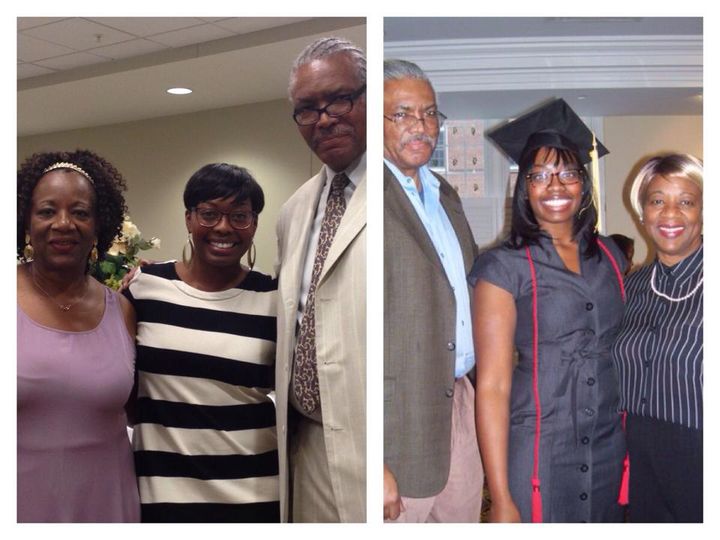
Before graduating, one of my professors, Betty Brown-Chapell, emerita professor of the School of Social Work at Eastern Michigan University, noted my research skills. She suggested I join the McNair Program and pursue a Ph.D. I didn’t want to do the work. After she asked for the fifth time, I agreed. She became my mentor and my entire life changed. As a McNair, I became a nationally certified dialogue facilitator. I also published and presented my research, and worked at a center similar to i3B. The McNair Program helped me realize that exactly the way that I think and the way that I view the world is valuable and it is missing.
After completing a master’s in social work from the University of Michigan, I pursued a Ph.D. in higher, adult, and lifelong education at Michigan State University (MSU). The program shifted my understanding of what was possible for my future. Every single aspect of the life I have now is a direct result of the McNair Program.
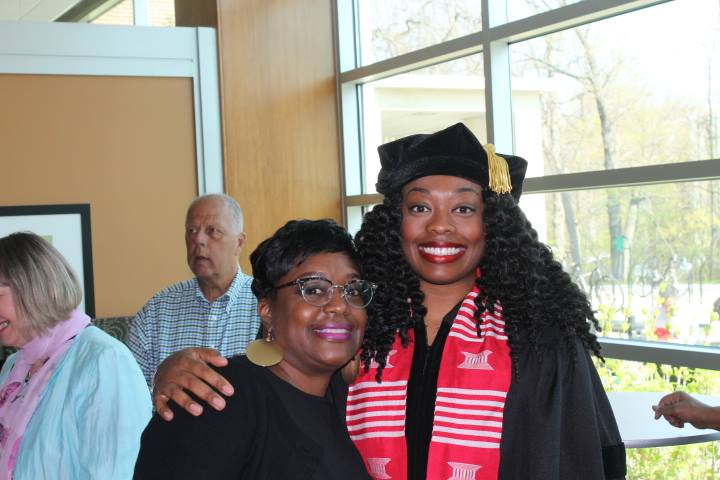
At MSU, I also led development of the Madison Academic Diversity Initiative (MADI). It connected students with mentors and other supports to increase their sense of belonging and connection and boost student retention. What I learned in the development of the program and from the students themselves continues to show up in my work.
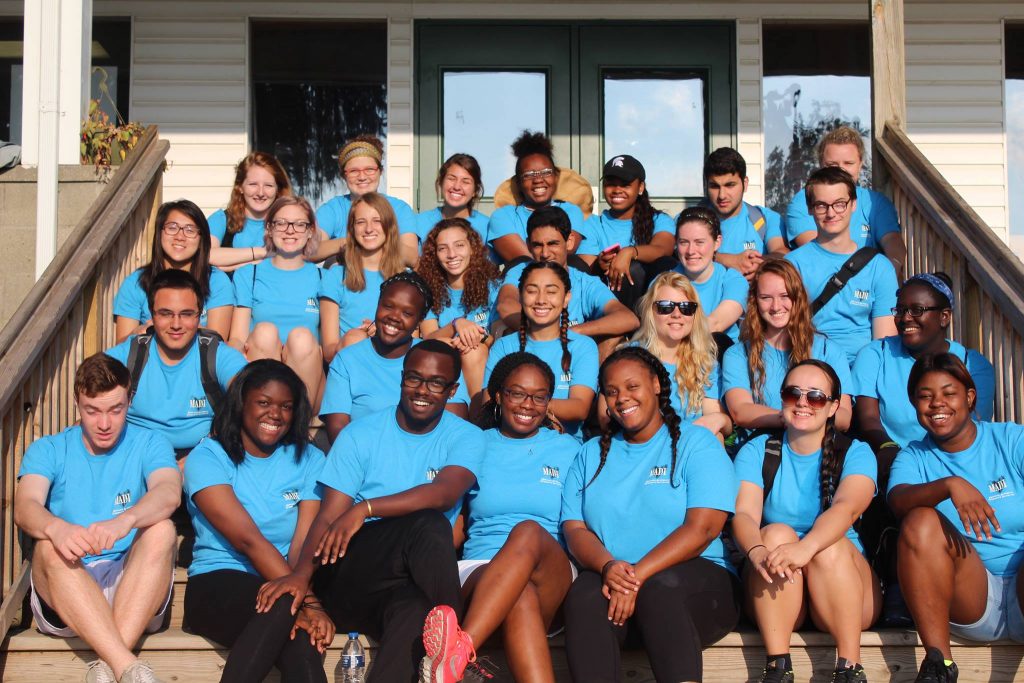
UMBC News: What advice would you give other McNair Scholars, at UMBC or across the country?
Lee: I would want them to know that sometimes, and maybe most of the time, what might feel like a setback is a setup for something that is supposed to happen. I think it is important to understand that when things don’t happen the way you want them to, it is not inherently a “no” even if the door is shut. Perhaps that door shut so that another could open, even if it is a year later. It is also a reminder that no matter what happens—Ph.D. or E.D.D., or no terminal degree—you are still enough.
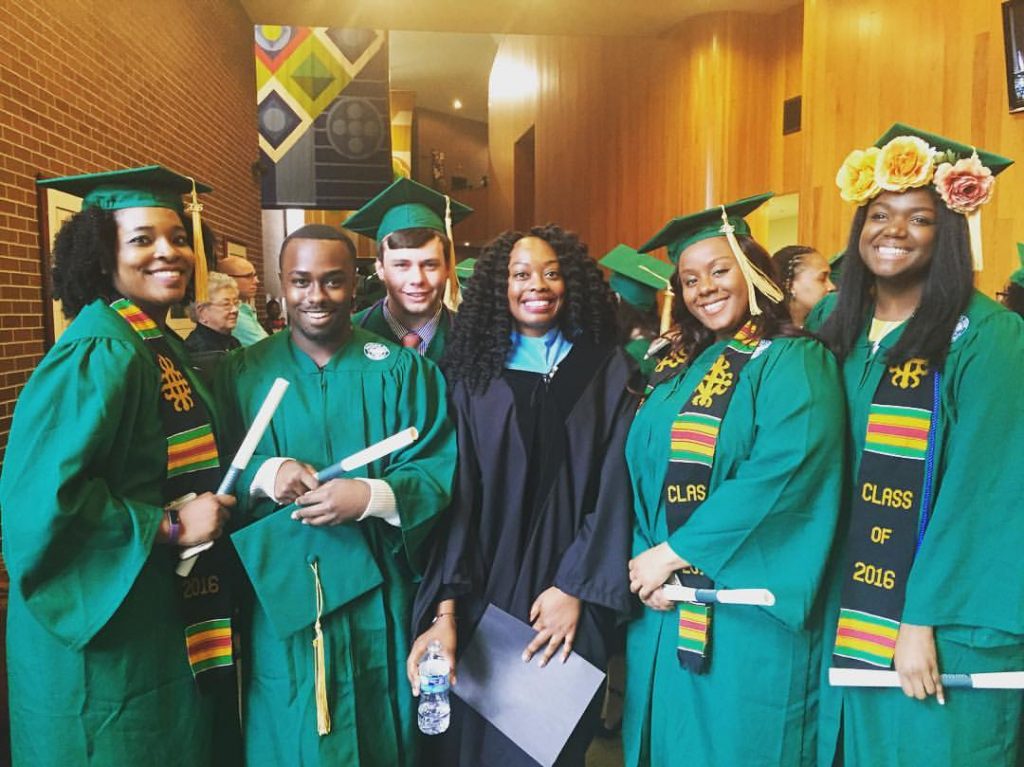
I would also say to remain humble. Be aware that your terminal degree is privileged. People who have lived experiences beyond yours are often overlooked or their voices and stories and expertise are undervalued. Always, always, always accept the privilege and responsibility that comes with having a seat at the table. Create spaces for other people. Bring other chairs or drag that table to them.
To learn more about i3B events and services visit their website. For more information on the McNair Program fill out this form.
Banner image: Jasmine Lee. Photo by Marlayna Demond ’11.
Tags: CAHSS, mcnairscholars, StudentAffairs

